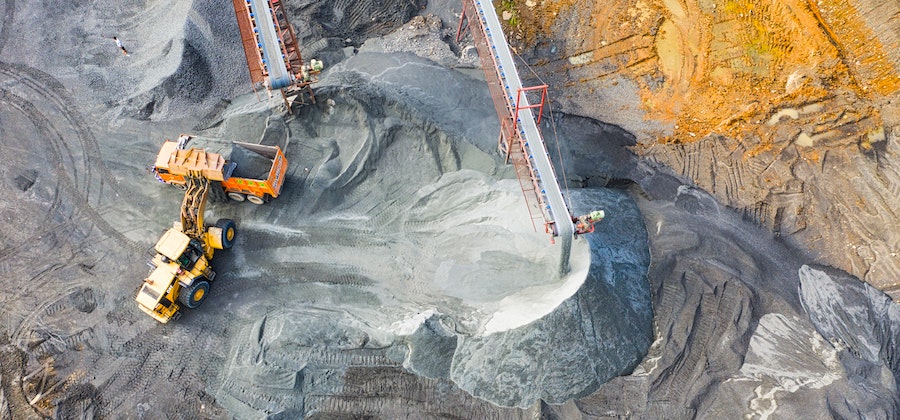
Generational poverty is a complex problem with no single, easy-to-apply solution. Unlike circumstantial poverty, resulting from a specific event, like an illness or temporary loss of a job, generational poverty involves multiple generations of family and community lacking either the accumulated assets, education or resources on which to build. And in Appalachia, this condition pervades a region long-dominated by the mono-economy of coal extraction, an industry which has been shrinking dramatically for decades.
Brandon Dennison, the founder of Coalfield Development, grew up in southern West Virginia, and saw firsthand many of the issues that both his local community and the larger region faced. Always drawn to service and the idea of social entrepreneurship, Brandon saw that there were many people who wanted to work, but who simply couldn’t find jobs. And outside solutions, such as retraining people in technology skills like coding, were a long shot at best and certainly did not guarantee employment. To create lasting change in communities hit hard by poverty and unemployment, Brandon believed that change can be most effective when it is driven and fostered by the impacted community itself.
The vision
Coalfield Development was built upon three interlinked goals: job training, education and personal development – all geared to breaking that generational cycle and helping to rebuild local communities. Called the 33-6-3 model, it guarantees 33 hours a week of on-the-job training in construction, six hours of community college a week towards a technical associates degree, and three hours a week focused on personal development.
Coalfield started small, using locally hired construction crews to demo or renovate older buildings that were vacant or rundown, often in smaller towns and communities, and often overlooked. Blight was cleared away, and employees were given both job training and free educational opportunities. Next, they became developers, renovating a couple of large structures and seeding those with small, entrepreneurial businesses, which led to some small economic growth and a few more jobs. In addition to the development and construction company, they experimented with a family of social enterprises – selling local produce grown on former mining lands, exploring forestry as a way to reclaim abandoned coal tailing dumps, and starting two wood shops to create artisan furniture and local products. They even helped start the area’s first solar installation company.
In addition to the community-based real estate projects they have worked on, Coalfield Development works with entrepreneurs to innovate and create local jobs. Brandon hopes this will lead to a more sustainable economy for West Virginia. So far, they have helped start 11 businesses from scratch and invested through seed-funding in more than 50 different entrepreneurial projects. The result has been the creation of over 250 jobs and the training of over 1,000 people.
Listen to my interview with Brandon Dennison to learn more.
Image by Tom Fisk from Pexels
